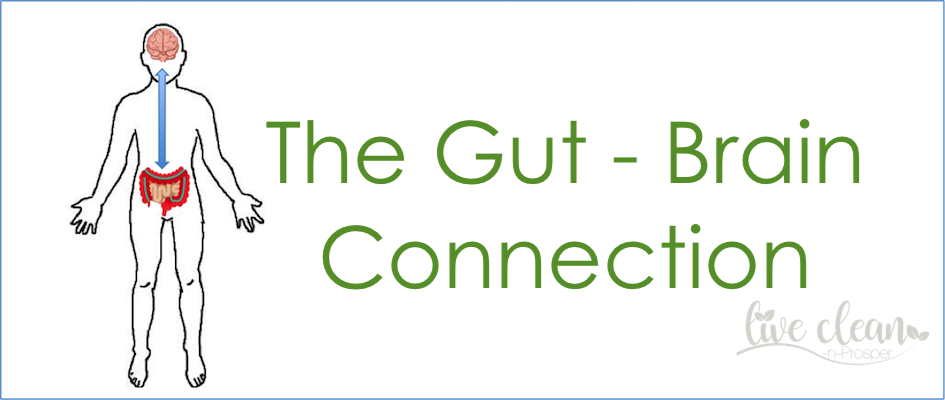Todays post is about bananas and whether we should eat their skin as well.
There have been a lot of social media posts regarding this topic recently. It seems to have started with an Australian dietitian – Susie Burrell, who says we should be eating bananas skin and all.
Susie Burrell has stated that eating the peel is an easy way to boost your diet with extra dietary fibre, vitamin B6, vitamin C and magnesium. She recommends blending or baking them to break down the cell walls to make the nutrients easier to absorb – for example, in smoothies, cakes and curries.
The Pro’s and Con’s
The idea of eating the banana and the skins may seem like a good way to increase your nutrient intake.
As ripe yellow skins are rich in antioxidants that can help fight cancer, and green skins contain the amino acid tryptophan, which promotes better sleep. The skins also contain resistant start, a type of fibre that benefits gut health.
However, as vitamins C and B6 are destroyed by heat, using the skins in baking or curries to consume these nutrients doesn’t seem viable. Using them in smoothies makes more sense.
The other factor to consider is chemical absorption. The popular Cavendish variety of bananas are bred using cuttings, not seeds. That means there is no genetic diversity among the plants, and therefore they have weak immunity. As a result, it’s one of the most heavily sprayed crops. The peel, or skins, of the banana absorb some of these pesticides.
Peeled bananas are still healthy
Bananas are a great source of potassium, an essential mineral for maintaining normal blood pressure and heart function. One medium-sized banana can contain approximately 400mg of potassium.
A medium-size banana also contains about 3 grams of total fibre. Fibre is a nutrient that helps regulate the speed of digestion. When our digestion is well regulated, the conversion of carbohydrates to simple sugars and the subsequent release of simple sugars into the body is also regulated.
Approximately one-third of the fibre in bananas is actually a water-soluble fibre. Soluble fibres in food have been associated with a decreased risk of heart disease.
Within their total fibre content, bananas also contain pectin’s. Some of the components in pectin’s are water-soluble, and others are not. As bananas ripen, their water-soluble pectin’s increase, and as a result bananas become softer in texture as they ripen.
As the water-soluble pectin’s increase, so does the concentration of fructose. The mixture of the water-soluble pectin’s and fructose content helps control how fast the body digests the carbohydrates which then reduces the impact of the consumed banana on our blood glucose level.
They are low fat –
Bananas are a very low-fat food with less than 4% of their calories being from fats. One types of fat that they do contain in small amounts are called sterols. The sterols can assist to block the absorption of dietary cholesterol. By blocking the absorption, they help keep blood cholesterol levels in check.
Therefore the takeaway from all of this,
Including bananas in your daily meal plan may help to prevent high blood pressure, improve digestion and lower cholesterol and blood glucose levels. I have previously shared some recipes using bananas that you may wish to try – Smoothies, Breakfast drinks & Seeded Banana Bread.
If you do decide to consume your bananas with the skin, make sure you choose certified organic product, and wash them well to avoid any possible pesticide residues.
I hope you found this post interesting.
Till the next one,
Live clean n prosper.
Sources – healthline.com, lifeStyle.com.au, whfoods.org



